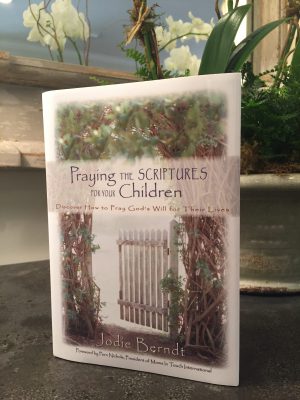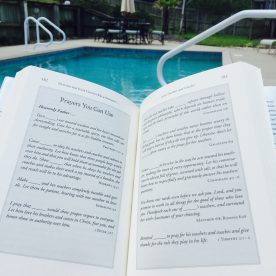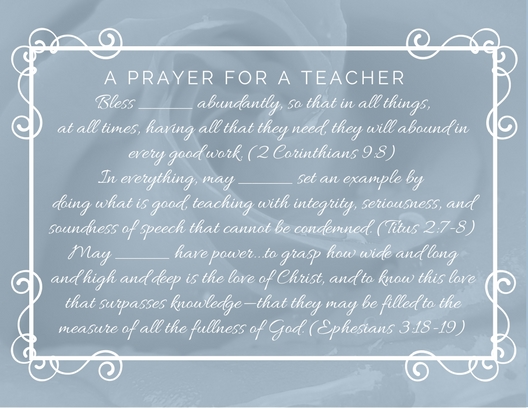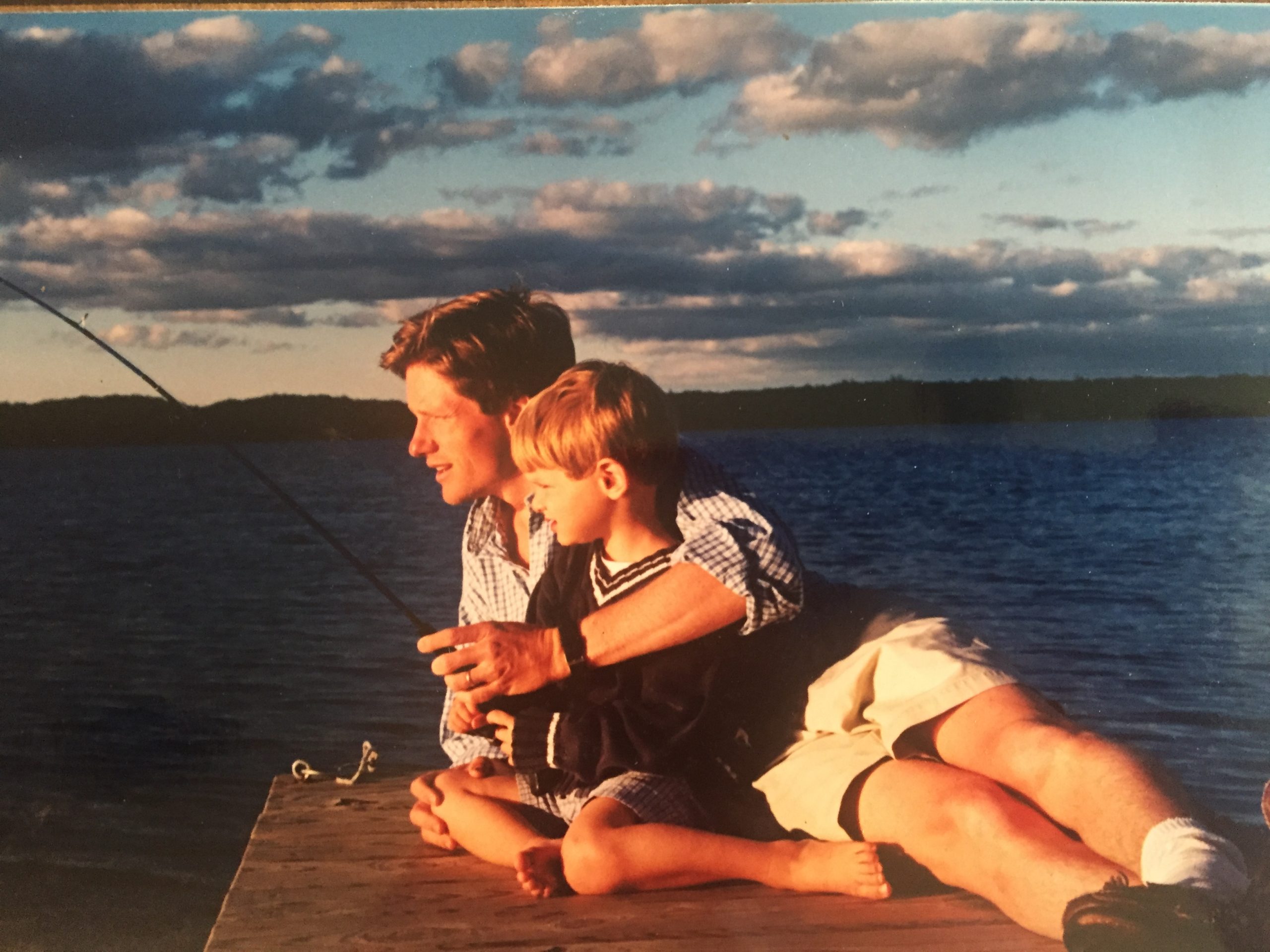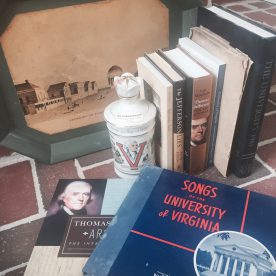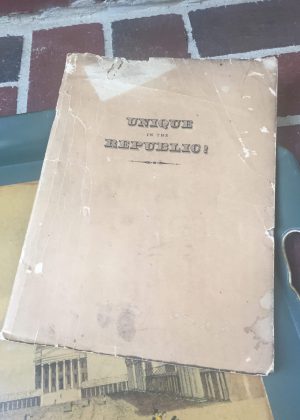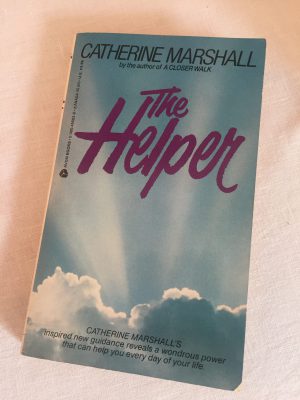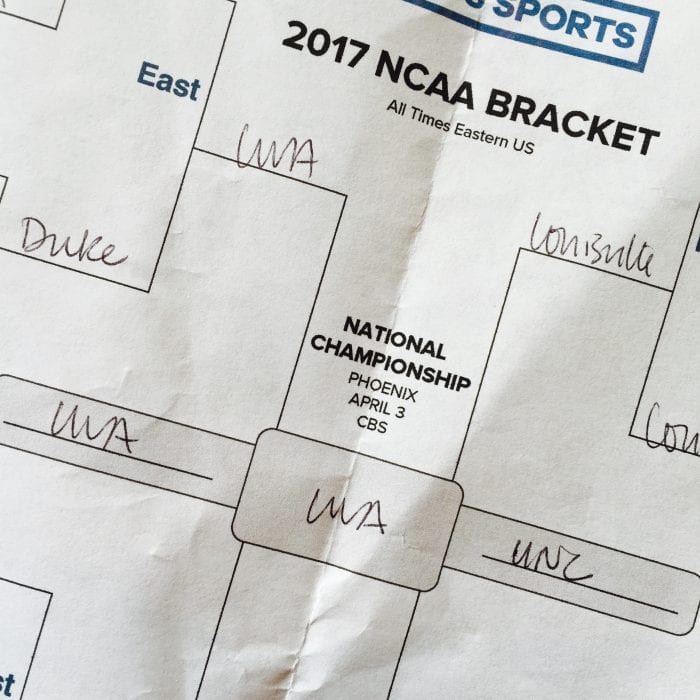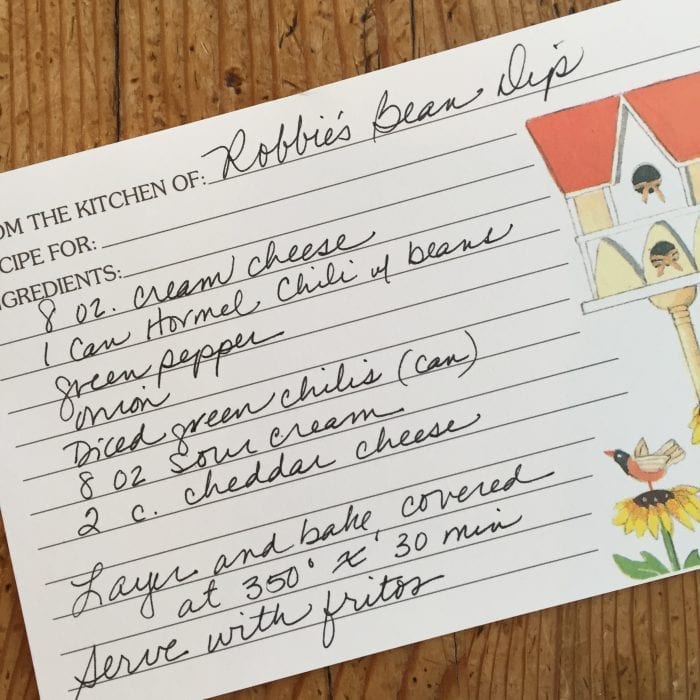The madness is real.
From the moment I first put on my Lucky Orange Sweater (a pre-tournament “love your enemies” gift from my Tarheel pal Lynn)…

…to waking up Tuesday morning and seeing my son’s face on some reporter’s Twitter feed…

…the rollercoaster ride that is college hoops has (for U.Va. fans, anyway) never been wilder.
And all week long folks have been texting and emailing me, saying “I can’t wait to read your Friday blog! You have so much good material! Did you see where Tony said…”
Yes. I saw where Tony said. Like most Wahoo fans, I’ve done little else this week except watch press conferences, read game-recap articles, and marvel over every single shining moment (and every humility-laced post-game interview) in Virginia’s incredible turnaround tournament.
You know the story.
After an early eviction from the 2018 tourney (one where U.Va. made history by becoming the first-ever No. 1 seed to lose to a No. 16), coaches and players dug deep. As a response to what Coach Tony Bennett has repeatedly called a “painful gift,” they used the devastation as a glue of sorts, one that bonded them even closer as a team and kindled a resolve and a resilience that refused to come unstuck, even in the most pressure-packed moments.
Coach Bennett cited a line from a TED Talk (“If you learn to use it right — the adversity — it will buy you a ticket to a place you couldn’t have gone any other way”), but honestly? He might as well have been quoting Eugene Peterson. Because when Tony said that the loss had “freed him up” (making him want to be a better coach even as he realized that if he never got to a national championship game, he’d still be okay), all I could think of was Peterson’s assessment of what happened to the Israelites, back in 587 B.C.
You know Eugene Peterson from The Message Bible. But he wrote a bunch of other great stuff too, including this commentary, which I am currently loving:

(And for all you U.Va. grads, yes. I am blogging from The Stacks at Alderman Library.)
(Which is my happy place.)
(And not just because it’s where I realized, as I was studying Shakespeare with Robbie, that he had really great hair.)
Anyhow.
Run with the Horses is a look at the life of the prophet Jeremiah, who lived during a time when the Israelites found themselves in a place not unlike where the U.Va. players were, this time last year. The Jews had been exiled–not from a basketball tournament, but from their homeland. They’d been taken captive to Babylon.
And since I doubt you will read about this Basketball-and-Babylon connection in other sports columns, I’ll go ahead and tell you what Peterson said. “The essential meaning of exile,” he wrote, “is that we are where we don’t want to be.”
Roger that. In case you didn’t follow the story, the U.Va. players were ridiculed and reviled after last year’s loss, even facing death threats.
Crazy, but true.
And exile, Peterson went on, is “traumatic and terrifying. Our sense of who we are is very much determined by the place we are in and the people we are with. When that changes, violently and abruptly, who are we? The accustomed ways we have of finding our worth and sensing our significance vanish. The first wave of emotion recedes and leaves us feeling worthless, meaningless. We don’t fit anywhere. No one expects us to do anything. No one needs us. We are extra baggage. We aren’t necessary.”
Okay, so I know some of you are scratching your heads right now, thinking, “Wait. What? I thought this was a basketball story…”
But stick with me here. It is a basketball story. And it’s an Israelite story. And it’s our story.
Because whether it’s a change in our tournament status, our homeland, or our life (as in, a shift in our family circumstances, our job, our health, our marriage, etc.), exile happens.
(It did with me when I hit the empty nest years. Even though I knew it was good and right and all of those things, I didn’t like it. I felt—and I still feel, sometimes—like Peterson’s extra baggage. Like I am no longer needed. Like I don’t know where I fit anymore.)
But even in those dark or unwanted places, Peterson tells us what Coach Bennett did: “This very strangeness can open up new reality to us… With the pain and in the midst of alienation a sense of freedom can occur.”
For the U.Va. players, this very strangeness—the new reality that came wrapped as a painful gift—freed them up to play harder than ever before. Not as individual athletes, but as an entire team focused on the mantra that became “United Pursuit.”
For the Israelites, the new reality meant settling down, finding out what it really meant to be God’s people in a strange land. It meant choosing to flourish–to build homes, to grow families, and to pray for the people–in the land where they never wanted to be.
And for us, exile can mean the same thing. When we find ourselves in an unexpected or unwanted place, that can (and should) be the prompt that motivates us to discover what God is up to. To seek Him with all of our hearts. To live for what really matters–focusing not on what we don’t have, but on what we do.
“Exile,” Peterson wrote, “is the worst that reveals the best.”
That was certainly true for the Israelites. Their exile led to what Peterson calls “the most creative period in the entire sweep of Hebrew history,” one in which they “lost everything they thought was important and found what was important: They found God.”
And it’s been true for the U.Va. team. Coach Bennett is quick to point out that losing a basketball game (even if it’s a blow-out defeat like what our guys suffered in 2018) is far from “the worst” thing in life. Even so, I think he would agree with Peterson. How we respond to exile—to adversity—is what makes all the difference.
“Though it’s not the way I would have chosen,” Coach Bennett said, in the days prior to Monday’s championship game, “it’s part of our story. And if we use it right, it’ll produce something very valuable.”
It did for U.Va.
And, if we let it, it will for us too.
🧡💙
And P.S. if you want something else “valuable,” you can get my “fascinator” hat off of Amazon. It’s currently out of stock in the orange color (must have been a run on ’em, what with all the well-dressed U.Va. fans), but maybe you want a pink one for Easter? Click here.
You’re welcome. 😊












































